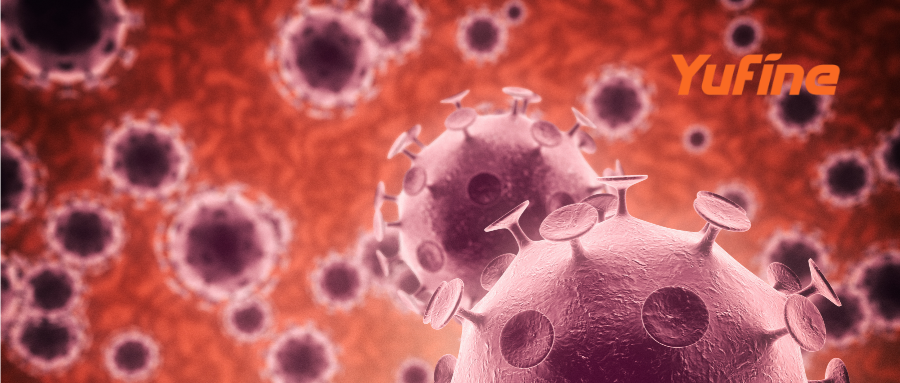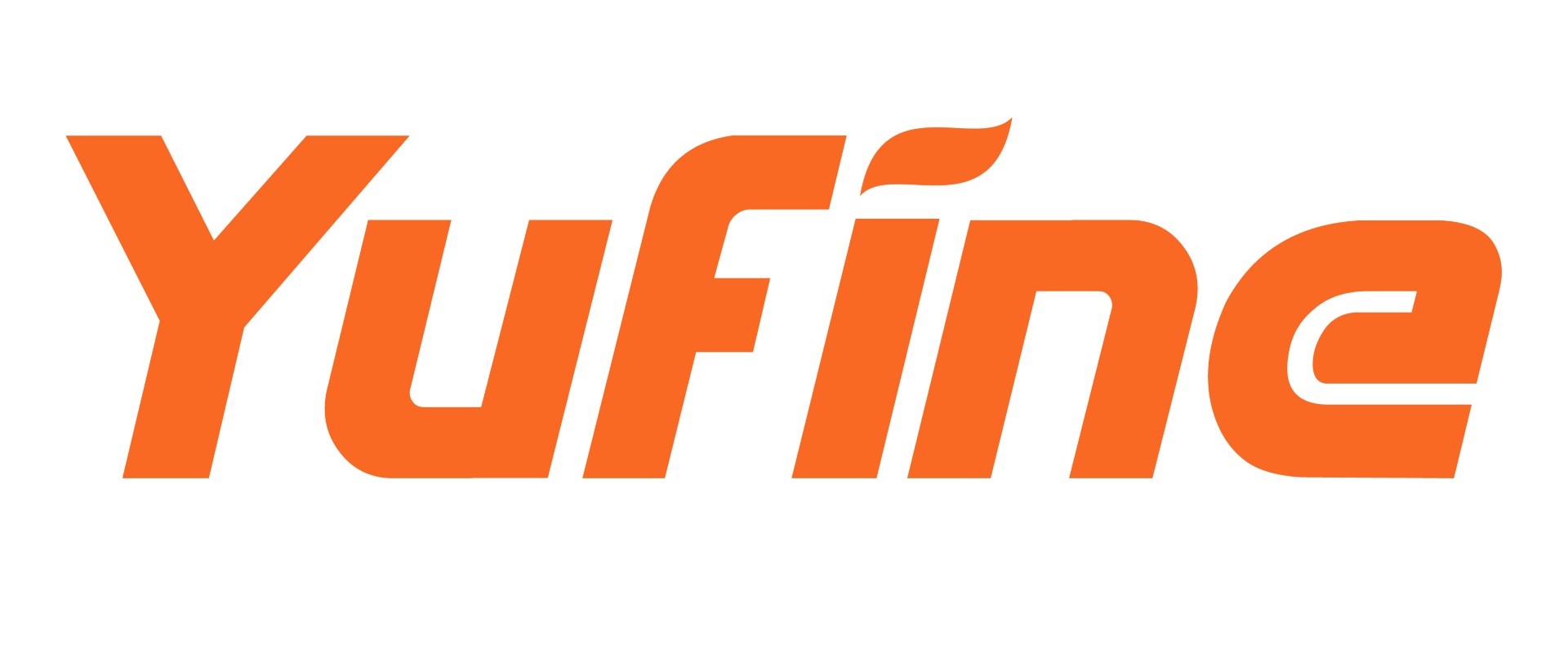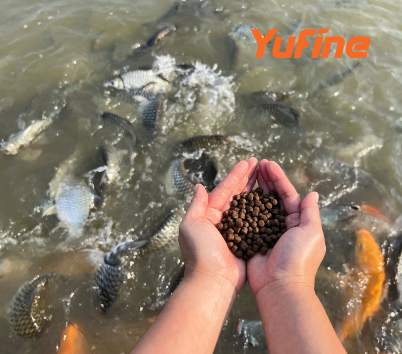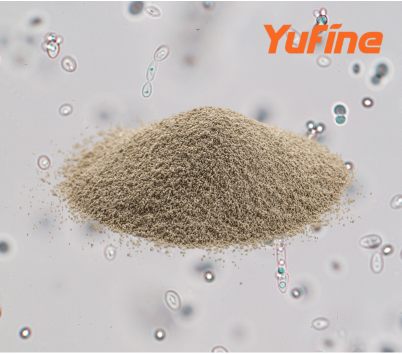 Glyceryl Monolaurate: A Promising Antiviral Agent
Glyceryl Monolaurate: A Promising Antiviral Agent
In the ongoing quest for effective antiviral solutions, researchers have turned their attention to Glyceryl Monolaurate (GML), a compound that shows promising potential in inhibiting viruses. GML, also known as monolaurin, has garnered interest due to its ability to interfere with the lifecycle of certain viruses, particularly those enveloped by a lipid membrane.
**Disrupting Viral Envelopes**
For enveloped viruses like HIV, SIV, and Porcine Reproductive and Respiratory Syndrome Virus (PRRSV), GML can intercalate into the viral envelope. As a lipophilic molecule, GML interacts with the lipids within the envelope, leading to instability and ultimately causing the envelope to rupture or dissolve. This physical damage compromises the structural integrity of the virus, preventing it from infecting host cells or spreading between them.
**Interfering with Viral Replication**
Once the viral envelope is compromised, the genetic material inside—be it DNA or RNA—can be exposed. This exposure not only obstructs the virus's ability to infect new host cells but may also disrupt other critical steps in its replication cycle, such as gene expression and protein synthesis.
**Boosting Immune Response**
Studies suggest that GML can act as an immunomodulator, enhancing the body’s natural defenses. By stimulating local mucosal immune responses, it can elevate antibody levels, thereby providing indirect protection against viral infections.
**Broad-Spectrum Antimicrobial Activity**
Beyond its antiviral effects, GML exhibits potent antibacterial activity against a wide range of bacteria. Reducing the risk of co-infections, this dual-action makes GML a valuable asset in comprehensive disease prevention strategies.
**Rapid Efficacy**
Laboratory tests reveal that GML can significantly reduce viral titers in vitro within minutes, showcasing its swift and potent antiviral action.
**Safety and Cost-Effectiveness**
Naturally occurring and easily derived from lauric acid found in coconut oil, GML offers a safe, non-toxic, and cost-effective alternative for antiviral applications. Its broad availability and safety profile make it an attractive option for further research and development.
While laboratory studies and animal models have demonstrated positive outcomes. The preliminary results highlight GML's potential as a novel antiviral agent, offershope in the fight against various viral diseases.
This update highlights the latest insights into how Glyceryl Monolaurate works to inhibit viruses, underscoring its promise as a future therapeutic tool in the realm of antiviral treatments. Stay tuned for more updates on this and other breakthroughs in medical science.








